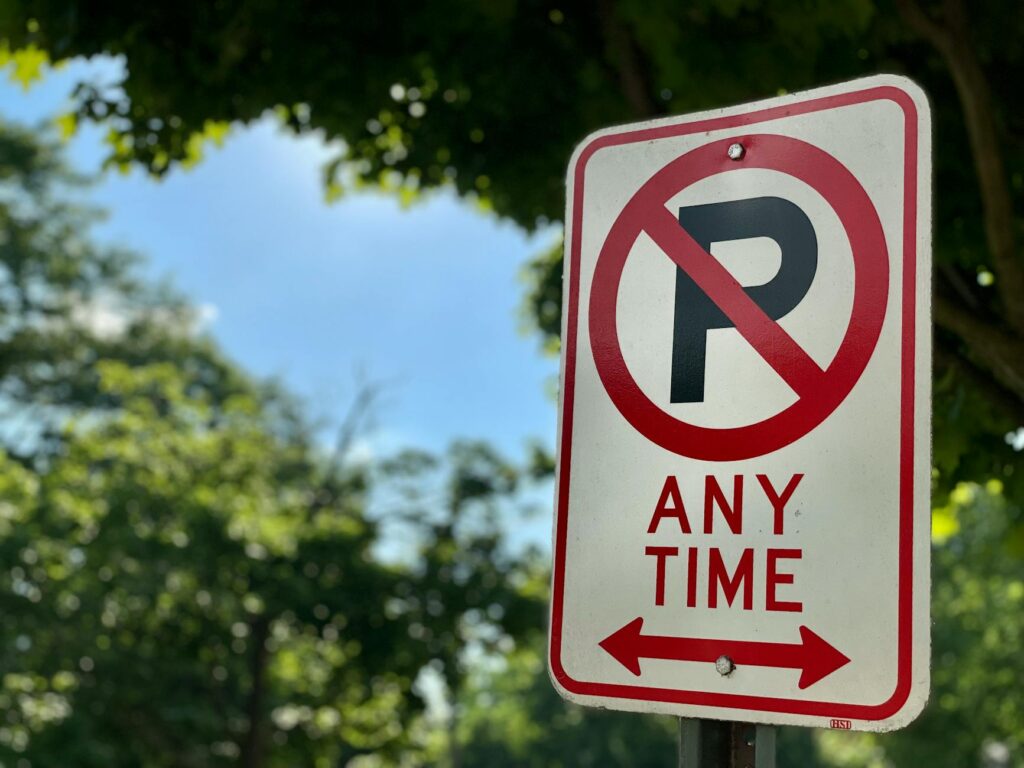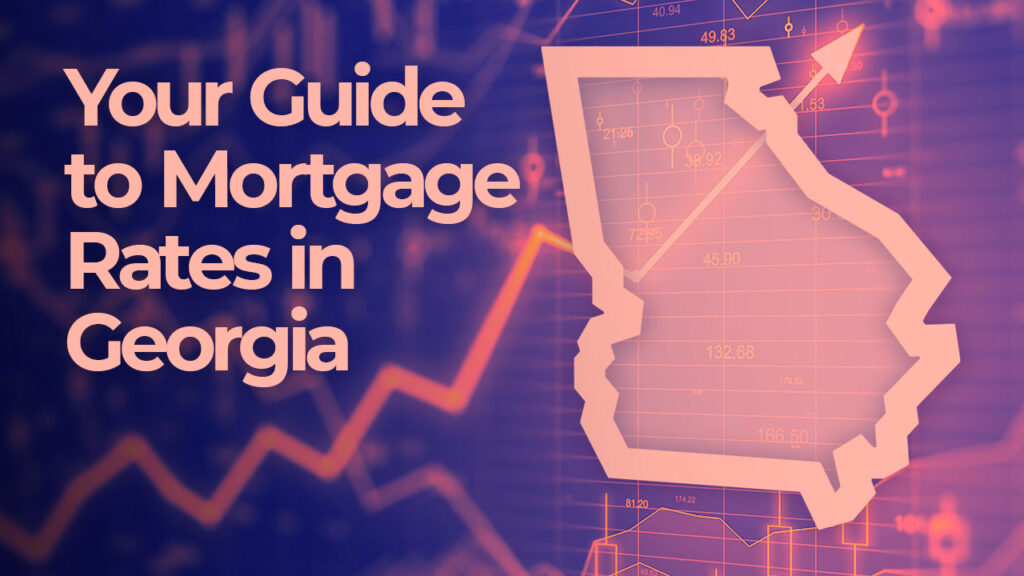Navigating the world of small loans can be tricky, but understanding the landscape is key to making informed decisions. This guide provides a comprehensive overview of small loans in Texas, covering essential rules, regulations, and rates.
Understanding Texas Loan Laws
Texas has specific laws governing small loans, designed to protect borrowers. It’s crucial to familiarize yourself with these regulations before applying for any loan. 
Types of Small Loans in Texas
Several types of small loans are available in Texas, each with its own set of terms and conditions. These include payday loans, installment loans, title loans, and more. Knowing the differences is vital for selecting the right loan for your needs. Learn more about the various loan types.
Payday Loans: A Closer Look
Payday loans are short-term loans designed to be repaid on your next payday. However, they often come with high interest rates.  Understanding the potential risks associated with payday loans is crucial. Read more about the risks.
Understanding the potential risks associated with payday loans is crucial. Read more about the risks.
Installment Loans: An Alternative
Installment loans offer a longer repayment period compared to payday loans, making them potentially more manageable. The interest rates may be lower, but this depends on the lender and your creditworthiness.
Title Loans: Using Your Vehicle as Collateral
Title loans involve using your vehicle’s title as collateral. While this can be a convenient option, defaulting on a title loan can lead to the repossession of your vehicle.
Interest Rates and APR
Interest rates and Annual Percentage Rates (APR) significantly impact the overall cost of a small loan. Texas has regulations on maximum interest rates, but it’s important to compare offers carefully. Always check the Texas Office of Consumer Credit Commissioner for updates.
Loan Fees and Charges
Beyond interest, lenders may charge various fees, such as origination fees, late payment fees, and prepayment penalties. Make sure you fully understand all associated costs before signing any loan agreement.
Credit Score Impact
Taking out a small loan can affect your credit score. Missed payments can negatively impact your creditworthiness, making it harder to obtain loans in the future. Learn how to manage your credit score.
Choosing a Responsible Lender
Selecting a responsible and reputable lender is paramount. Research lenders thoroughly, checking reviews and verifying their licensing with the state of Texas. Be wary of lenders who promise unrealistic terms.
Avoiding Predatory Lending Practices
Be vigilant against predatory lending practices, which often target vulnerable borrowers with high-interest rates and unfair terms. Learn more about avoiding predatory lenders.
Reading the Fine Print
Always carefully read the loan agreement before signing. Ensure you fully understand the terms and conditions, including interest rates, fees, and repayment schedule. 
Repayment Options and Plans
Discuss repayment options with your lender. If you anticipate difficulties, communicate proactively to explore potential solutions.
Understanding Your Rights as a Borrower
Texas law protects borrowers’ rights. Familiarize yourself with these rights to ensure you’re treated fairly. Refer to the Texas Attorney General’s website for more information.
Consequences of Default
Failing to repay a loan can have serious consequences, including damage to your credit score, legal action, and potential repossession of collateral (if applicable).
Debt Consolidation Options
If you’re struggling to manage multiple small loans, consider debt consolidation to simplify your repayments. This can involve obtaining a larger loan to pay off your smaller debts.
Seeking Financial Counseling
If you’re facing financial difficulties, seek professional financial counseling. Credit counseling agencies can provide guidance and support.
Comparing Loan Offers
Before committing to a loan, compare offers from multiple lenders to find the best terms and rates. Use online comparison tools to streamline this process.
Conclusion
Navigating small loans in Texas requires careful planning and understanding of the regulations. By researching lenders, comparing offers, and understanding your rights, you can make informed decisions that minimize risks and maximize your financial well-being. Check out these helpful resources.
Frequently Asked Questions
What is the maximum interest rate for small loans in Texas? The maximum interest rate varies depending on the loan type and amount. It’s crucial to check the specific regulations for the type of loan you are considering.
What happens if I default on a small loan? Defaulting on a loan can severely damage your credit score, lead to legal action, and possibly result in the repossession of collateral.
Where can I find reliable information about Texas loan laws? You can find information on the Texas Office of Consumer Credit Commissioner website and the Texas Attorney General’s website.
What are some red flags to watch out for when dealing with lenders? Be wary of lenders who pressure you into a loan, offer unrealistic terms, or charge excessive fees.
Are there resources available to help me manage my debt? Yes, several credit counseling agencies can provide guidance and support to help you manage your debt effectively.


